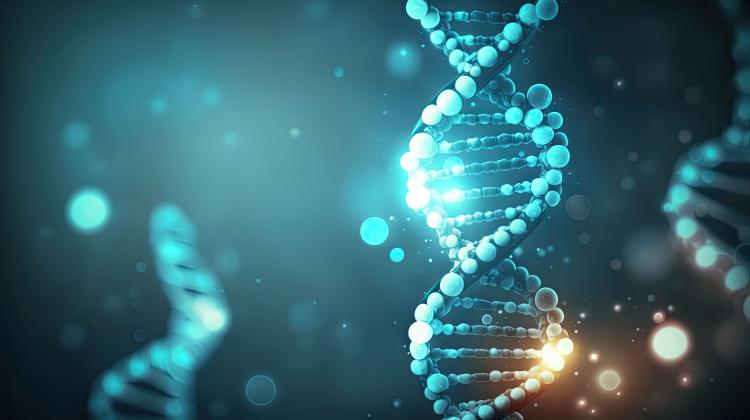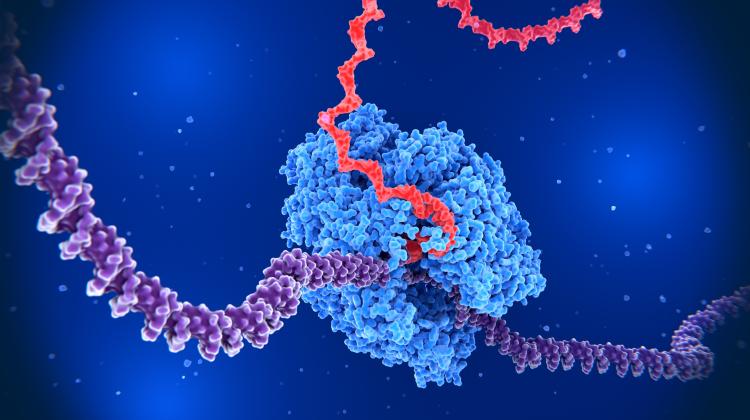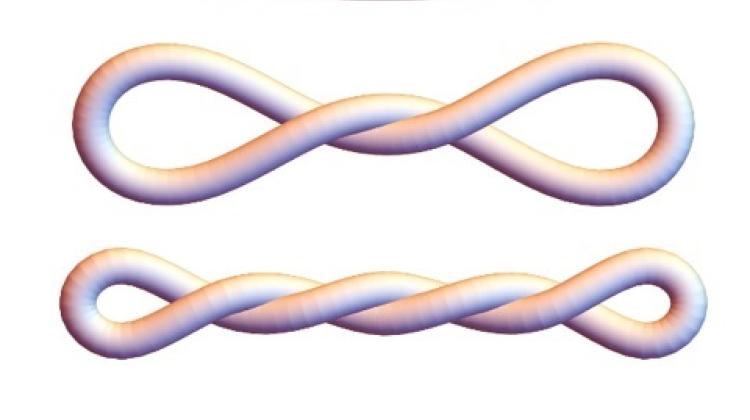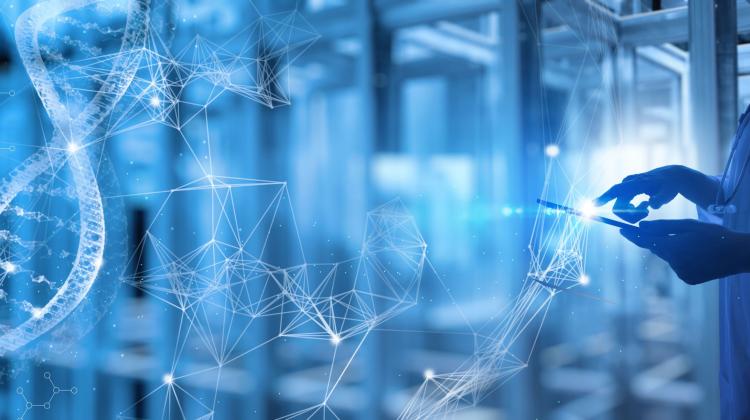Gdansk scientist co-discovers previously unknown DNA repair mechanism
 Credit: Adobe Stock
Credit: Adobe Stock
Dr. Bartłomiej Tomasik from the Medical University of Gdańsk is the co-discoverer of a previously unknown mechanism of DNA repair by cells. Gene repair is crucial for the development and treatment of cancer.
Bartłomiej Tomasik from the Department of Oncology and Radiotherapy of the Medical University of Gdańsk is a co-author of an article that describes the newly discovered mechanism of repairing DNA double-strand breaks.
The DNA molecule consists of a double helix arranged in strands, and one of the types of damage involves both strands breaking at the same time. It has long been known that DNA damage can sometimes lead to dangerous mutations, which over time can cause cancer.
The study published in the journal Nature Structural & Molecular Biology describes cellular reactions involving the DYNLL1 and MRE11 proteins and the Shieldin protein complex (a molecule consisting of several proteins).
The interactions of proteins described by the scientists are important in some anticancer therapies based on PARP inhibitors. They are used, for example, in the case of BRCA-1 gene damage related to breast and ovarian cancer.
The discovery may therefore shed new light on the causes of possible problems with the effectiveness of these therapies.
'The paper was created in collaboration with scientists from a team led by Professor Dipanjan Chowdhury of Harvard Medical School and Dana-Farber Cancer Institute. I worked in the professor's team in 2020-2021 as part of a postdoctoral fellowship carried out with the support of the National Agency for Academic Exchange and the Walczak Programme,’ says Dr. Tomasik. 'My role in the project was primarily to create stable cell lines based on the CRISPR/Cas9 technique, allowing for selective genome editing.’
Find out more on the university website.
PAP - Science in Poland
mat/ agt/ kap/
tr. RL
Przed dodaniem komentarza prosimy o zapoznanie z Regulaminem forum serwisu Nauka w Polsce.


















